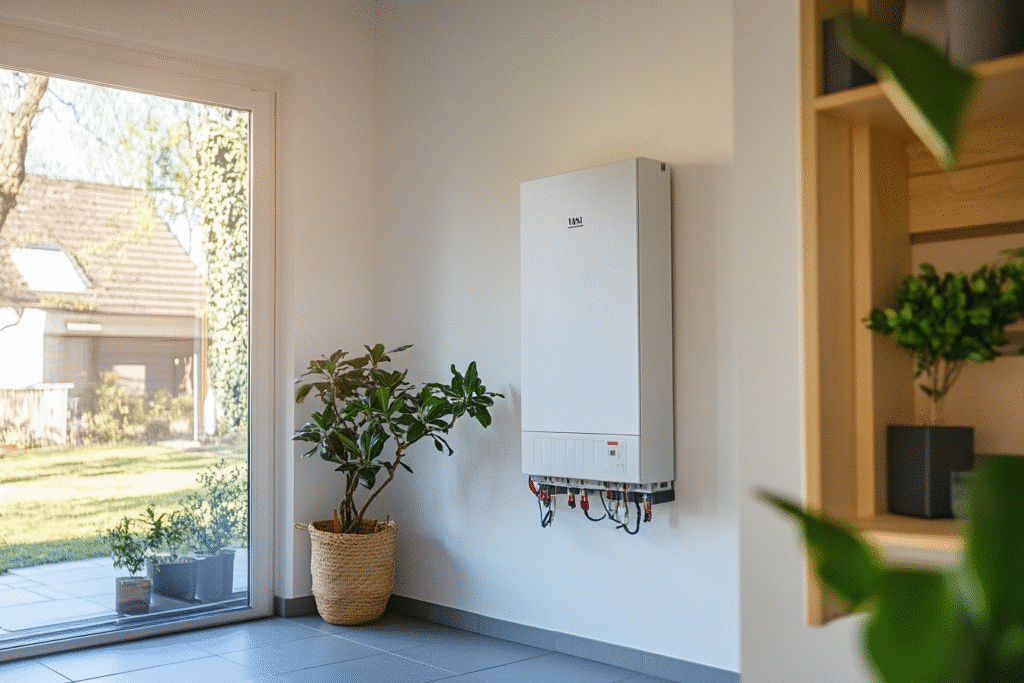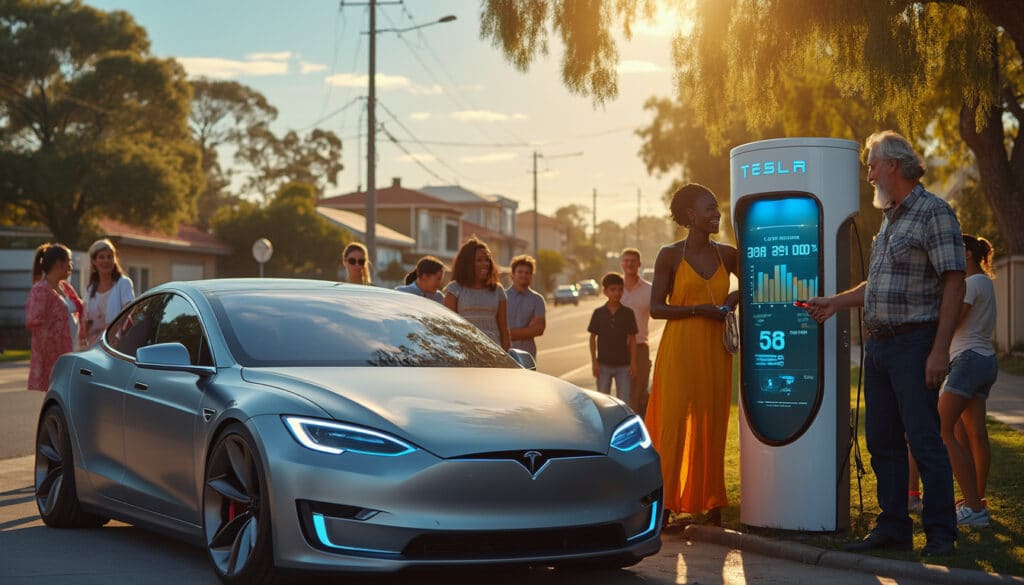In the face of declining public aid and the electricity buyback price, self-consumption is becoming more profitable than ever. Otovo highlights the impact of solar batteries, whose adoption continues to grow in France. Cheaper and more efficient, they optimize the energy produced and reduce dependence on the grid.

Batteries, a new asset in the face of declining solar aids
The recent announcement from the government, which reduces aid for the installation of photovoltaic panels and drastically lowers the electricity buyback price (0.04 €/kWh compared to an average price of 0.2146 €/kWh), could slow down some solar projects. However, a solution is emerging: storage batteries. According to data published by Otovo, a European solar solutions provider, French households equipped with batteries can save up to 47% on their annual energy bill. A figure that deserves attention since every kilowatt-hour counts.
The issue is simple: consume as much self-produced energy as possible, instead of selling it at a low price. Thanks to batteries, solar energy produced during the day can be used in the evening or during cloudy weather. The result: reduced grid dependence, better return on investment, and increased profitability in the long term.

A sharp increase in adoption, driven by falling prices
Between May 2021 and the end of 2024, the share of Otovo customers who opted for a battery rose from 2% to 71%. A staggering progression that reflects a profound change in the way households perceive their energy consumption. At the same time, the costs of these devices have fallen: a 5 kWh battery, sold for €3,045 in 2021, now costs €2,195, which is 28% less.
This trend is explained by a double movement. On one hand, electricity prices continue to rise. On the other hand, equipment is becoming more accessible. The equation is quickly made: storing energy to consume it oneself is becoming more profitable than selling it at a loss. Otovo relies on more than 30,000 installations to support its analysis. And the numbers speak for themselves: households with batteries consume more than 85% of their solar production, compared to only 50% for those without. This represents a considerable grid saving: 925 kWh purchased per year with battery, compared to 2,603 kWh without.

Storing to consume better: a strategic choice
Adding a battery does increase the initial cost of an installation, but this expense is quickly absorbed. As Andreas Thorsheim, founder of Otovo reminds us: “Solar batteries improve energy independence, resilience, and reduce the carbon footprint of the French, while also allowing them to achieve savings.” A statement that underscores the issue: securing energy consumption and controlling expenses.

The benefits of batteries are therefore not limited to the bill. They also provide a lever for control and stability, especially during high demand periods or consumption peaks. For households wishing to reduce their exposure to energy market fluctuations, this technology is becoming a strategic tool. As photovoltaics enter a new phase, batteries are establishing themselves as a concrete response to the limits of the current model. More than just an accessory, they are now asserting themselves as a central pivot of intelligent self-consumption.
Article based on a press release received by the editorial team.
Articles similaires
Thank you!
We will contact you soon.














